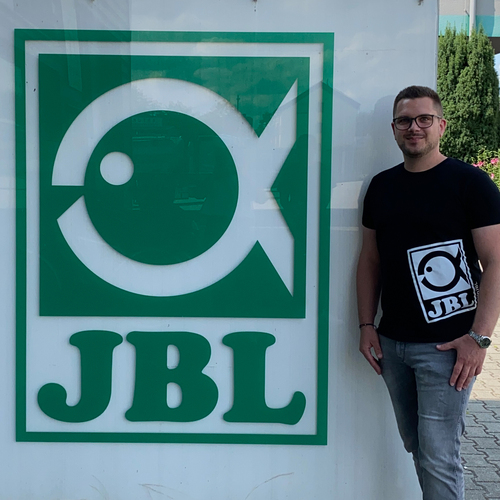Welcome to Tropenfieber, the JBL podcast, all about aquaristics, terraristics and ponds and for everyone who loves nature and travel.
Host Matthias Wiesensee, Head of Digital Marketing, has been part of the JBL family since 2012 and is a true aquarist who is passionate about travelling to tropical habitats.
He wants to take this infectious fascination and the insights imparted to him during his work as a marketing & sector specialist and share them all with you.
What can you expect in this podcast?
We’ll invite interesting personalities to the microphone and facilitate deep insights into exciting topics. From their hobby at home to extreme projects on the other side of the world, our experts have a few stories to tell.
We don't want to promise too much, but you’ll be going on a journey with us in each episode. A journey into the habitats of fish, reptiles, amphibians and invertebrates.
Get to know our natural world in a new way from the hobby’s point of view and discover some valuable specifics. Connecting with our JBL expeditions and their scientists and researchers will result in you understanding your pets better. Because biotope research on our planet Earth provides us with insights that we could not otherwise attain.
We will always be drawn to the fantastic underwater worlds, but also to tropical rainforests or the hottest habitats in the desert. Our knowledge of natural habitats forms the model for our inhabitants’ aquariums and terrariums. The origin is a source of inspiration.
We have dedicated ourselves to this topic in TROPENFIEBER - Hobby meets Nature .

